Tom Watkins, President and CEO of the Economic Council of Palm Beach County, FL
Sep 07, 2022
U.S.-China relations seem to hit a “new low” every other month, when instead both sides could be taking actionable steps to repair relations and move beyond petty squabbles on the world stage.
Charles Ray , Former U.S. Ambassador; Chair of the Africa Program, Foreign Policy Research Institute
Sep 02, 2022
The U.S.-China relationship started with uncertainty, and the consequences of this rocky foundation are seen today.
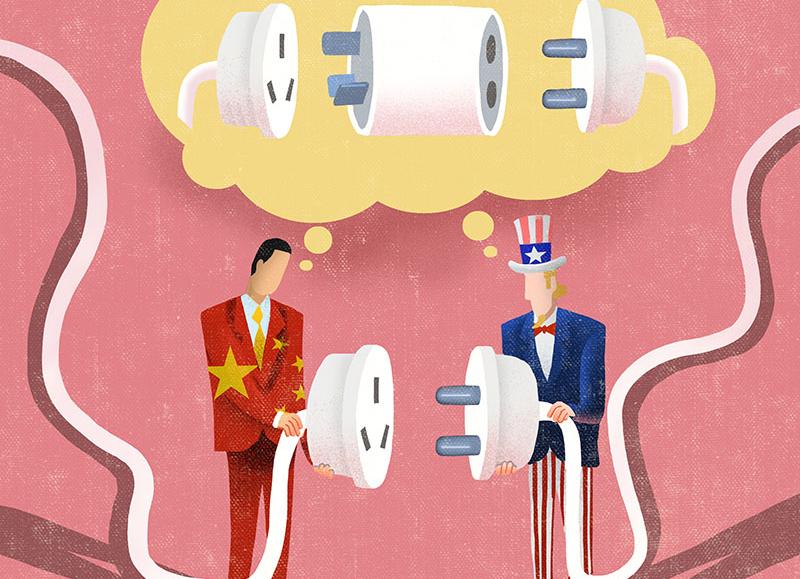
Brian Wong, Assistant Professor in Philosophy and Fellow at Centre on Contemporary China and the World, HKU and Rhodes Scholar
Aug 26, 2022
It is counterproductive to set China and the ‘West’ up as rivals locked in an existential struggle over values. In light of the increasingly polarized views of the East and the West, it is crucial to steer clear of political absolutism to have a more truthful understanding and practical progress on a range of issues such as policy, education, health, etc.
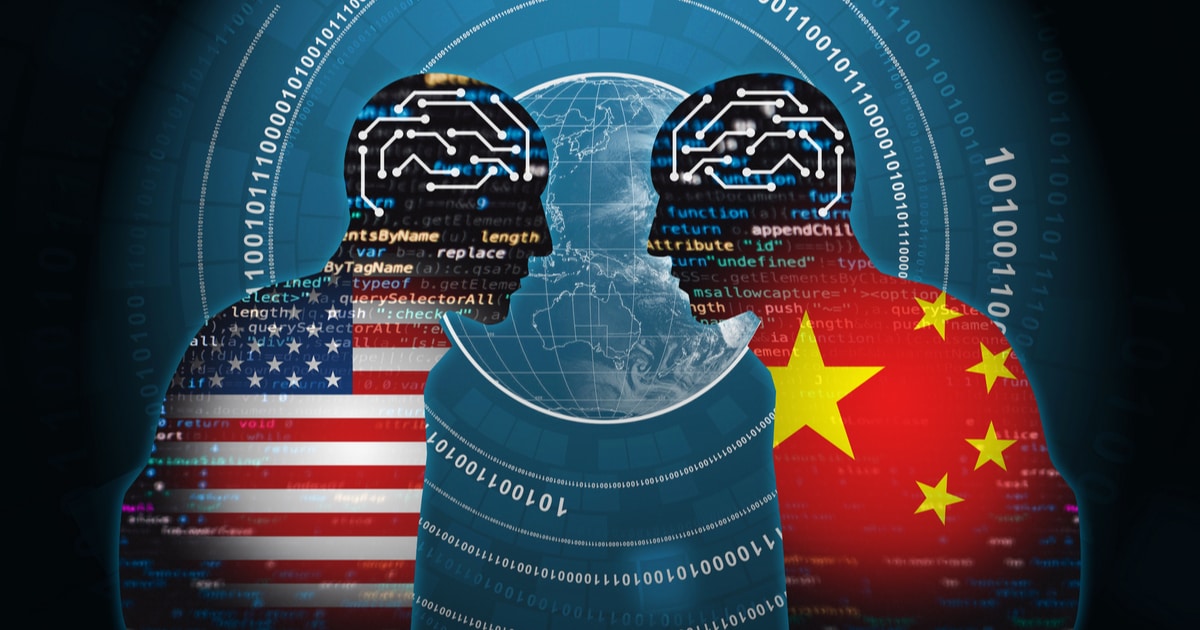
Cheng Li, Director, John L. Thornton China Center, The Brookings Institution
Aug 26, 2022
Recent events in the Taiwan Strait have led to an outpouring of international concern regarding potential war between the United States and China. AI technology advancements, which these two superpowers are leaders in research, resources, and patents, would mean that the world has yet to see the most AI-driven conflict in history.
Joseph S. Nye, Professor, Harvard University
Aug 08, 2022
At this year’s Aspen Security Forum (which I co-chair) in July, China’s ambassador to the United States, Qin Gang, appealed for better understanding of his country. But there was considerable debate among the assembled experts about China’s objectives. President Xi Jinping has announced China’s intention to outpace America in critical technologies such as artificial intelligence and synthetic biology by 2030, and many analysts predict that China’s GDP (measured at market exchange rates) will surpass that of the US early in the next decade. Is China seeking to displace the US as the world’s leading power by the centenary of communist rule in 2049?
Li Yan, Director of President's Office, China Institutes of Contemporary International Relations
Aug 03, 2022
If China and the United States could identify specific collaborative projects, break the bottlenecks of international supply chains and provide assistance to countries suffering from shortages from food to energy, normal relations could be restored.
David Shambaugh, Gaston Sigur Professor and Director of China Policy Program at George Washington University, Distinguished Visiting Fellow at Hoover Institution of Stanford University
Aug 02, 2022
The most recent direct discussion between U.S. President Joseph Biden and Chinese President Xi Jinping was dominated by the Taiwan issue—which has become increasingly volatile and has returned to a central point of tension in the relationship. The telephone conversation allowed each president to restate their respective positions. Hopefully such an exchange will contribute to restraint, non-provocations, and stability between Beijing and Washington (although Taipei has its own agency and can cause instability).
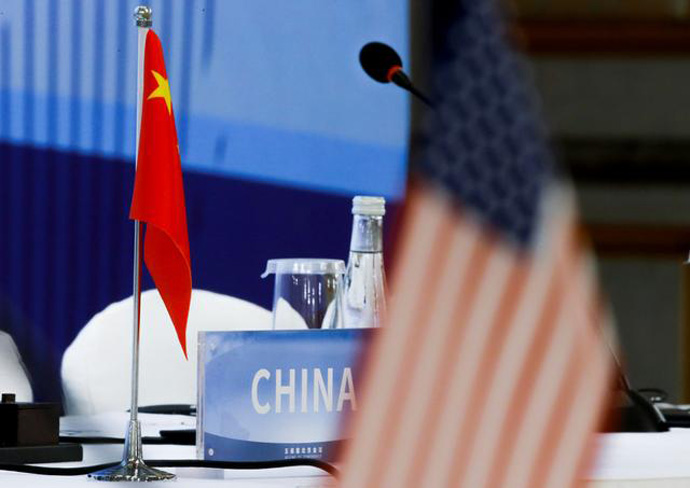
Zhao Minghao, Professor, Institute of International Studies at Fudan University, and China Forum Expert
Aug 01, 2022
The recent conversation offered an opportunity to manage bilateral relations from a strategic height. But because of domestic political strife in the U.S, there will likely be no letup in attempts to amplify “China threat” rhetoric.
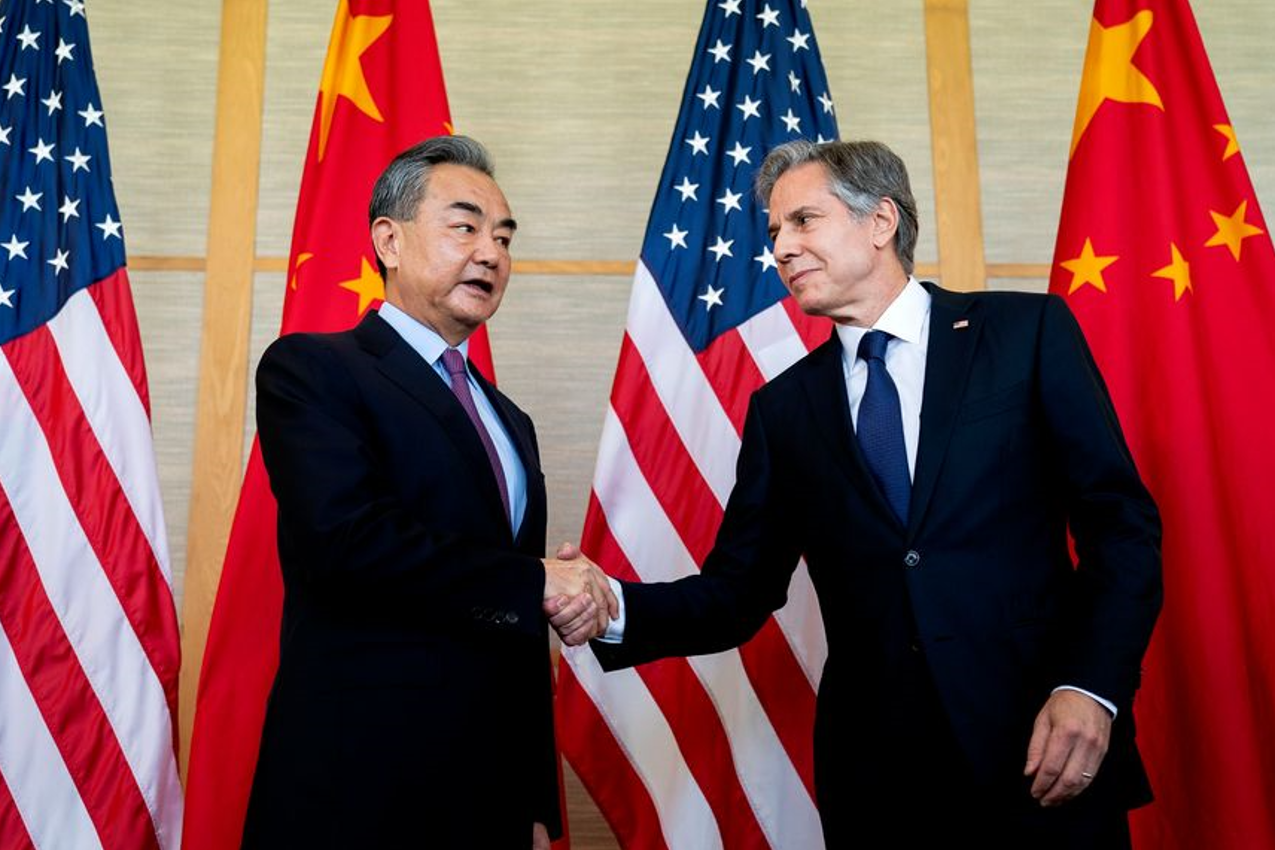
Li Yan, Director of President's Office, China Institutes of Contemporary International Relations
Jul 15, 2022
Will the G20 foreign ministers meeting bring China-U.S. ties back on track? Only with continuous improvements in the overall bilateral atmosphere can any consensus on cooperation — and the stability of the world — be effectively guaranteed.
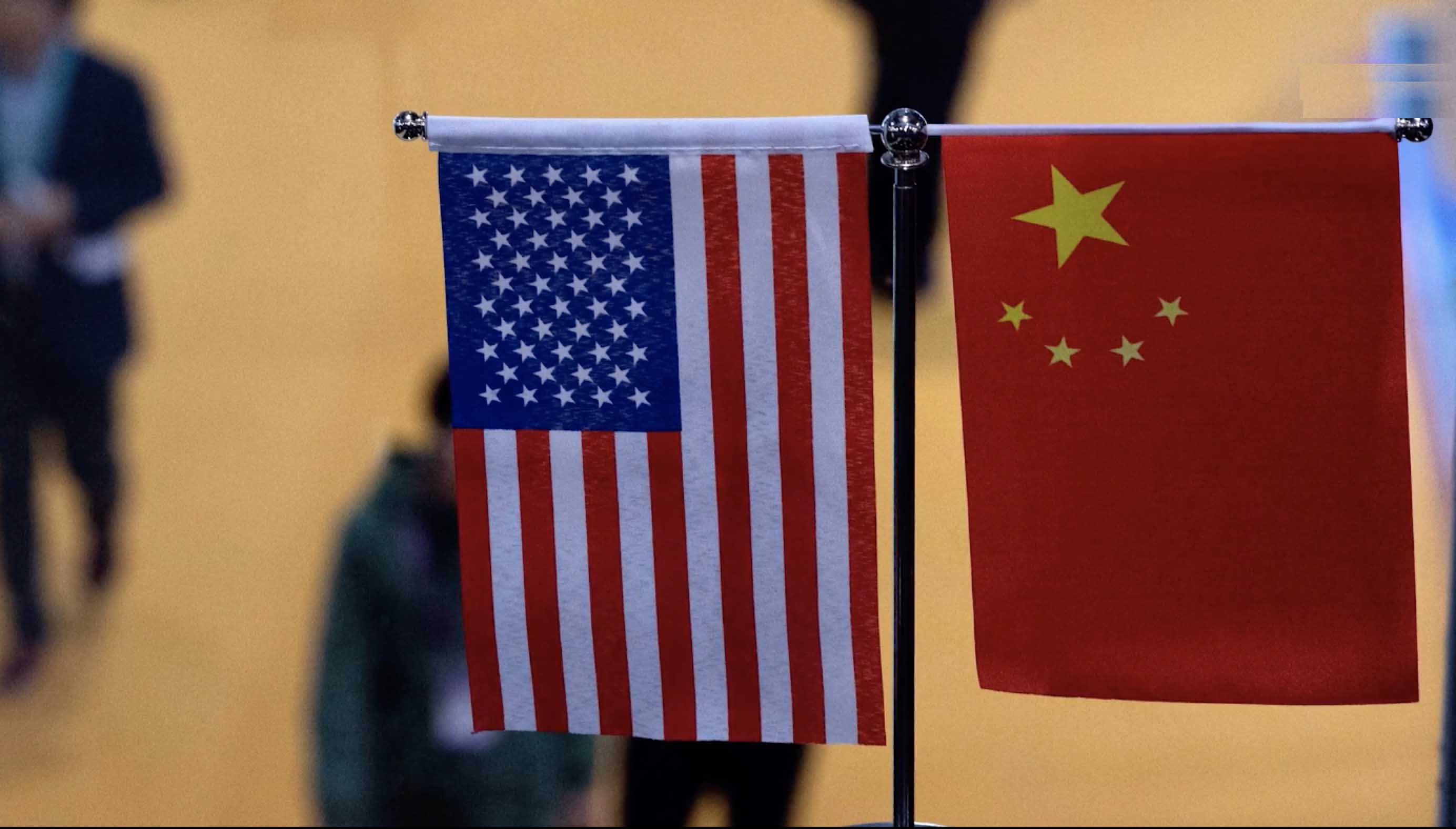
Wang Jisi, Professor at School of International Studies and Founding President of Institute of International and Strategic Studies, Peking University
Jul 15, 2022
Restore normal diplomatic exchanges, avoid war and strengthen economic ties — these are at the top of the list. It’s clear that trade is increasing, not decreasing, and we should continue developing scientific and technological exchanges. While competition is inevitable, war is not.
Back to Top

- China-US Focus builds trust and understanding between the U.S. and China through open dialogue among thought leaders.
- Our Offerings
- Topics
- Videos
- Podcasts
- Columnists
- Research Reports
- Focus Digest
- Stay Connected
-
Thanks for signing up!
- Get the latest stories from China-US Focus weekly.